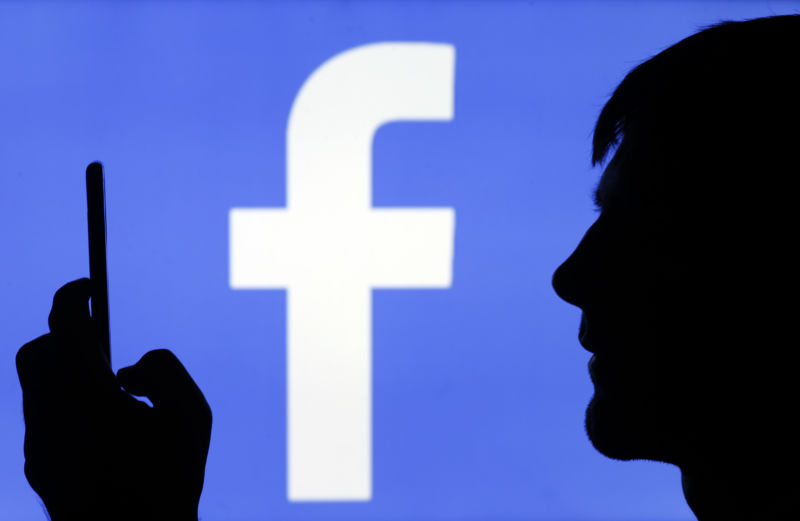
Facebook is warning developers that privacy changes in an upcoming iOS update will severely curtail its ability to track users' activity across the entire Internet and app ecosystem and prevent the social media platform from serving targeted ads to users inside other, non-Facebook apps on iPhones.
The next version of Apple's mobile operating system, iOS 14, is expected to hit an iPhone near you this fall. Along with its many new consumer-facing features, iOS 14 requires app developers to notify users if their app collects a unique device code, known as an IDFA (ID for Advertisers).
The IDFA is a randomly generated code that Apple assigns to a device. (Google assigns similar numbers to Android devices.) Apps can then use those codes to tie together user activity. For example, Facebook, a local shopping app, and a local weather app might all access that identifier. Facebook and other advertising businesses can then use that cross-app use data to place targeted ads for advertisers on other apps, which is what Facebook does with its Audience Network program.
The changes requiring users to opt in make the IDFA essentially useless, Facebook warned developers today. Facebook apps on iOS 14—which includes Facebook, WhatsApp, Instagram, Messenger, and a host of others—will no longer collect users' IDFA.
"Despite our best efforts, [the changes] may render Audience Network so ineffective on iOS 14 that it may not make sense to offer it on iOS 14 in the future," Facebook further explained in a blog post. "Our ability to deliver targeted ads on iOS 14 will be limited... as a result, some iOS 14 users may not see any ads from Audience Network, while others may still see ads from us, but they'll be less relevant."
Less advertising means less money, Facebook added, saying, "Because of advertisers’ reduced ability to accurately target and measure their campaigns, app developers and publishers should expect lower CPMs [i.e., views of their ads] on Audience Network and likely other ad networks on iOS."
"These updates have a far-reaching impact on the developer ecosystem," Facebook noted, which is likely to be true. Facebook also seemed to indicate displeasure that Apple acted without first consulting Facebook about its preferences, saying, "We believe that industry consultation is critical for changes to platform policies... We look forward to continuing to engage" with industry and trade groups "to get this right for people and small businesses."
The stakes
The company is almost certainly correct that users will not opt in to having their identifier tracked when presented with the option, and that absolutely will harm Facebook's Audience Network business. Regulators and privacy advocates, however, may disagree with Facebook over whether that's a bad thing.
Facebook is almost constantly under fire for how it handles different aspects of user privacy and user data. Last year it settled with the Federal Trade Commission for a record $5 billion penalty over a collection of allegations relating to users' privacy.
Facebook's ability to track anyone's online activity, anywhere, and tie it together across software and platforms has been a large part of its advertising strategy since 2013, when it acquired a product called Atlas from Microsoft for around $100 million.
As Facebook described it at the time, the acquisition provided an "opportunity" for "marketers and agencies" to get "a holistic view of campaign performance" across "different channels." In short, acquiring and building out that toolset—which has long since been fully integrated into Facebook's advertiser platform—was Facebook's key to finding the holy grail of online advertising. The company could finally track its effectiveness everywhere.
Meanwhile, the relationship between Facebook and Apple also appears to be growing more tense. Facebook last week followed in Epic Games' footsteps to take a public swipe at Apple over the 30 percent fee Apple takes of any digital purchase made through an iOS app.
reader comments
348